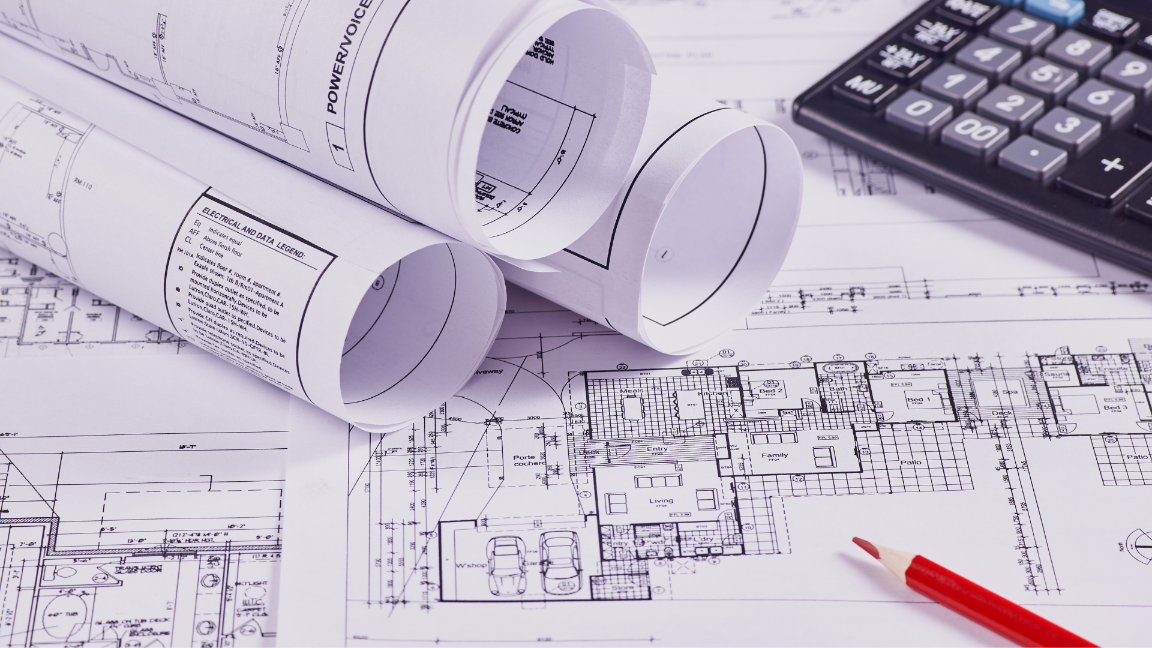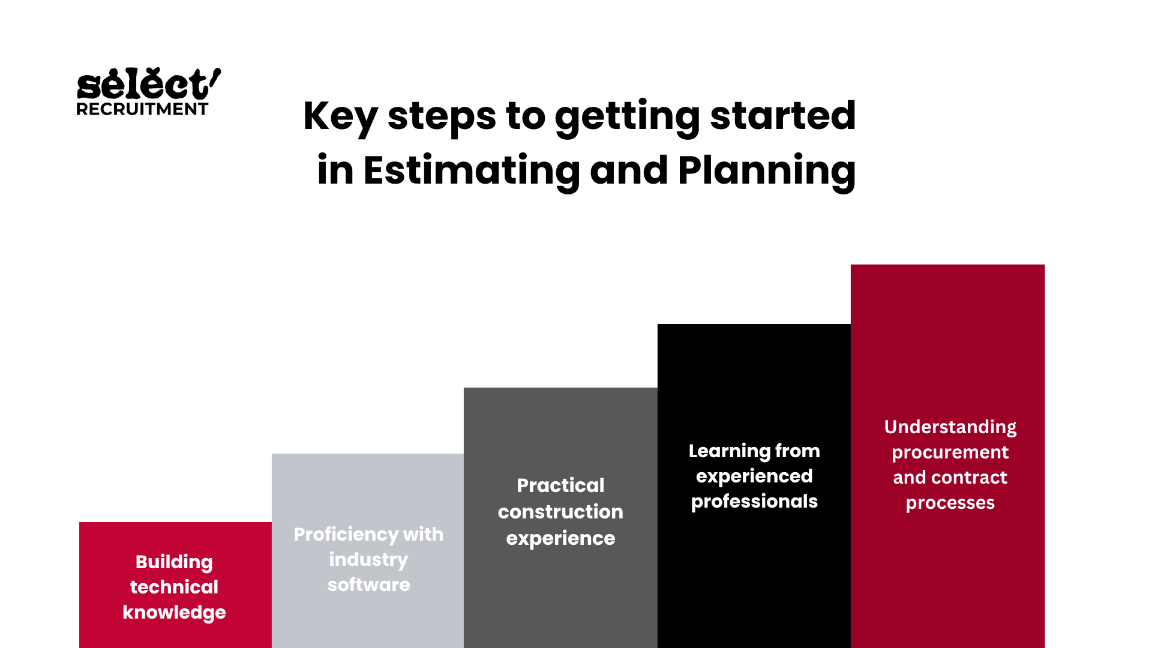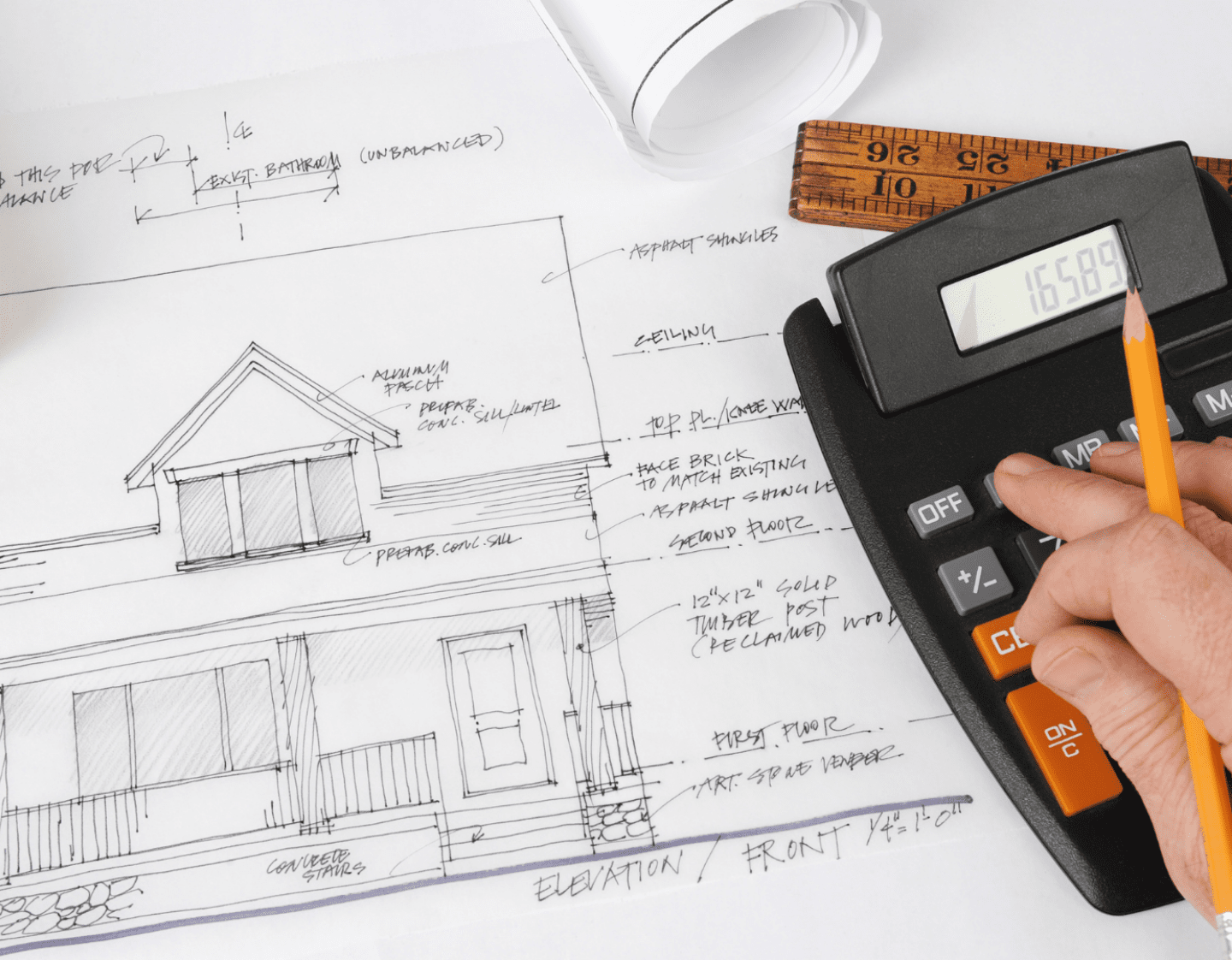Construction Estimator and Planner Roles: A Comprehensive Guide
Would you like to blend technical expertise with project management in the construction sector? The roles of Estimator and Planner offer rewarding career paths that combine analytical skills with practical construction knowledge.
Understanding Construction Estimators
Construction Estimators play a vital role in determining project costs and securing new business. They analyse project specifications, evaluate material and labour requirements, and produce detailed cost breakdowns that help construction companies submit competitive bids while maintaining profitability.
The daily work of an Estimator involves reviewing architectural drawings, consulting with suppliers, calculating material quantities, and working with project teams to understand construction methods. Modern Estimators use specialised software to process complex calculations and maintain detailed cost databases, making technical proficiency increasingly valuable in this field.

Building a Career as a Construction Planner
Construction Planners create and manage project schedules that keep developments running efficiently. They sequence construction activities, allocate resources, and coordinate with various teams to establish realistic timelines. Their expertise helps prevent delays and keeps projects within budget constraints.
Planners spend their time developing detailed programmes, monitoring progress, and adjusting schedules when needed. They work closely with Project Managers and site teams, making communication skills particularly important. The role often involves using planning software and building information modelling (BIM) tools to create detailed project timelines.
Skills and Qualifications
Success in these roles requires a combination of technical knowledge and personal qualities. Strong mathematical abilities and attention to detail form the foundation, while communication skills help in working with diverse project teams.
For education, many professionals begin with a relevant degree in quantity surveying, construction management, or civil engineering. However, some start through apprenticeships or by gaining experience in assistant roles. Professional certifications from RICS or CIOB can boost career prospects significantly.
Work Environment and Opportunities
Both Estimators and Planners typically split their time between offices and construction sites, though remote working options are becoming more common. The roles offer opportunities across residential, commercial, and infrastructure sectors, with many professionals choosing to specialise in specific project types.

Salary and Career Development
Starting salaries for Junior Estimators and Planners typically range from £25,000 to £30,000. With experience, this can increase to £35,000-£45,000, while senior professionals can earn £50,000 or more, particularly in major cities.
Career progression often leads to Senior Estimator or Lead Planner positions, with opportunities to move into commercial management or project director roles. Some professionals establish independent consultancies or move into specialist roles in sectors like rail or energy infrastructure.
Sector Outlook
The UK construction sector shows strong signs of growth, with significant investment in infrastructure and housing creating sustained demand for Estimators and Planners. Government commitments to major projects like HS2, hospital building programmes, and renewable energy infrastructure mean skilled professionals remain highly sought after.
The UK construction industry is facing a shortage of over 150,000 skilled workers, with this shortage expected to increase in coming years. The adoption of modern methods of construction and digital technologies has also created opportunities for estimators and planners who can work with these new approaches.
Companies particularly value professionals who combine traditional estimating and planning skills with knowledge of sustainable construction methods and digital tools. Many employers report difficulties finding qualified candidates, making this an excellent time to enter the field or progress your career.
Getting Started in the Field
Entry routes into Estimating and Planning are diverse. While many begin with university degrees, others start as Estimating Assistants or Trainee Planners.
Key steps include:
Building technical knowledge through education or practical experience
Developing proficiency with industry software
Gaining practical construction experience
Learning from experienced professionals
Understanding procurement and contract processes

Professional Development
Regular training keeps skills current as technology and practices evolve. Many employers support professional membership and ongoing education. Building a network through industry events and professional bodies provides valuable learning and career opportunities.
Select Recruitment
If you're looking to develop your career as an Estimator or Planner, Select Recruitment works with leading UK construction companies to match professionals with opportunities that suit their skills and ambitions. Our specialist construction team can guide you through your next career move, drawing on our extensive industry knowledge and relationships with top employers.
Get in touch today to discuss your next move!


